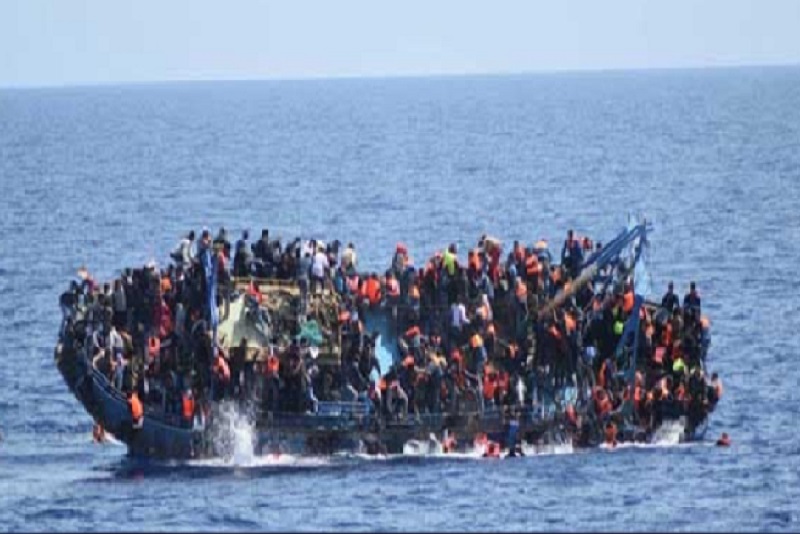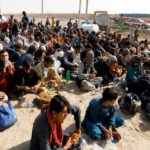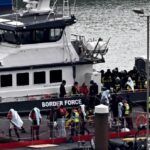
greece migrant boat tragedy triggers calls for urgent and decisive action
The International Organisation for Migration (IOM) and the UN High Commissioner for Refugees (UNHCR) have called for decisive action to prevent further fatalities at sea following the latest migrant boat tragedy in the Mediterranean.
While the number of people onboard the shipping boat which sank to the bottom on June 14 off the coast of Greece is yet to be confirmed, various testimonies stress somewhere between 400 and 750 migrants were on the vessel at the time.
While 104 people have so far been rescued in an intensive operation, with 78 bodies retrieved, hundreds are still missing, and feared dead. IOM and UNHCR have welcomed a probe being ordered in Greece into the circumstances which eventually led to the boat capsizing.
Search And Rescue At Sea Is Of Vital Importance
Reportedly, the vessel was in distress since the morning of June 13. After it sank, the Hellenic Coast Guard announced a large-scale search and rescue operation on the morning of June 14. The two UN bodies continue to reiterate that search and rescue at sea is a legal imperative.
The duty to swiftly assist those in distress at sea is a fundamental rule of international maritime law. Both shipmasters and States are obliged to help those in distress regardless of their nationality or circumstances they are found in, and irrespective of their intentions.
Keep Reading
The current approach to the Mediterranean is clearly “unworkable”, said Federico Soda, IOM Director for the Department of Emergencies. States need to deal with the gaps in proactive search and rescue, quick disembarkation, and safe regular pathways, he added.
Deepening Controversy Over Greek Coast Guard’s Approach
Lately, controversy has been growing over the fishing boat capsizing as the Greek coast guard attempted to tow it, a claim Greece continues to deny. The allegation emerged as an outcry grew that not enough had been done to save the migrants.
Video footage shows a survivor recounting before former Greek Prime Minister Alexis Tsipras that the coast guard had thrown a rope to people on the boat. “The vessel started tilting right and left,” the migrant said through a translator.
On June 16, a government spokesperson, Ilias Siakantaris, admitted the coast guard had used a rope to steady themselves as they approached to see if the migrants onboard needed help. But he insisted no attempt was made to tow the boat or tie it to the coast guard vessel.
Authorities in Greece also stressed rescuers weren’t able to take action sooner as the people onboard repeatedly refused help. But refugee support group Alarm Phone, which had been in communication with the boat, said the migrants pleaded for help on at least two occasions.
The Greek coast guard continued monitoring the overcrowded vessel for about 15 hours before it capsized. Evangelos Tournas, the country’s caretaker minister for civil protection, said the coast guard could not take action in international waters without a request for assistance.
But Prof Erik Røsæg from the University of Oslo insisted maritime law required all authorities to attempt a rescue if the vessel looked unsafe, irrespective of whether the people onboard had requested assistance.









